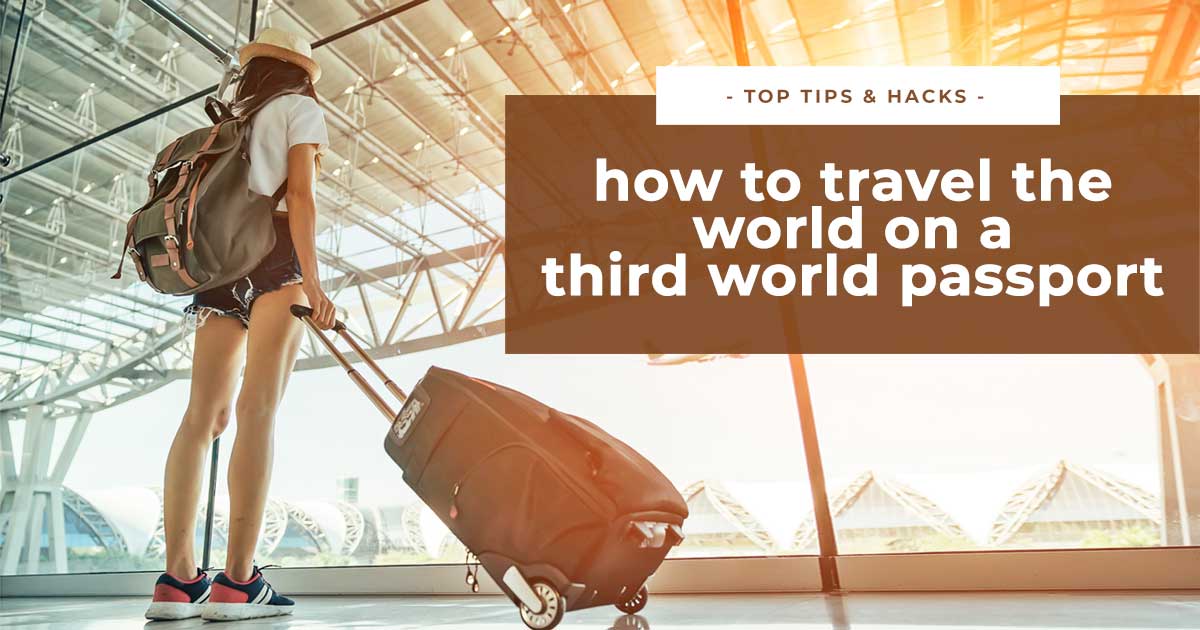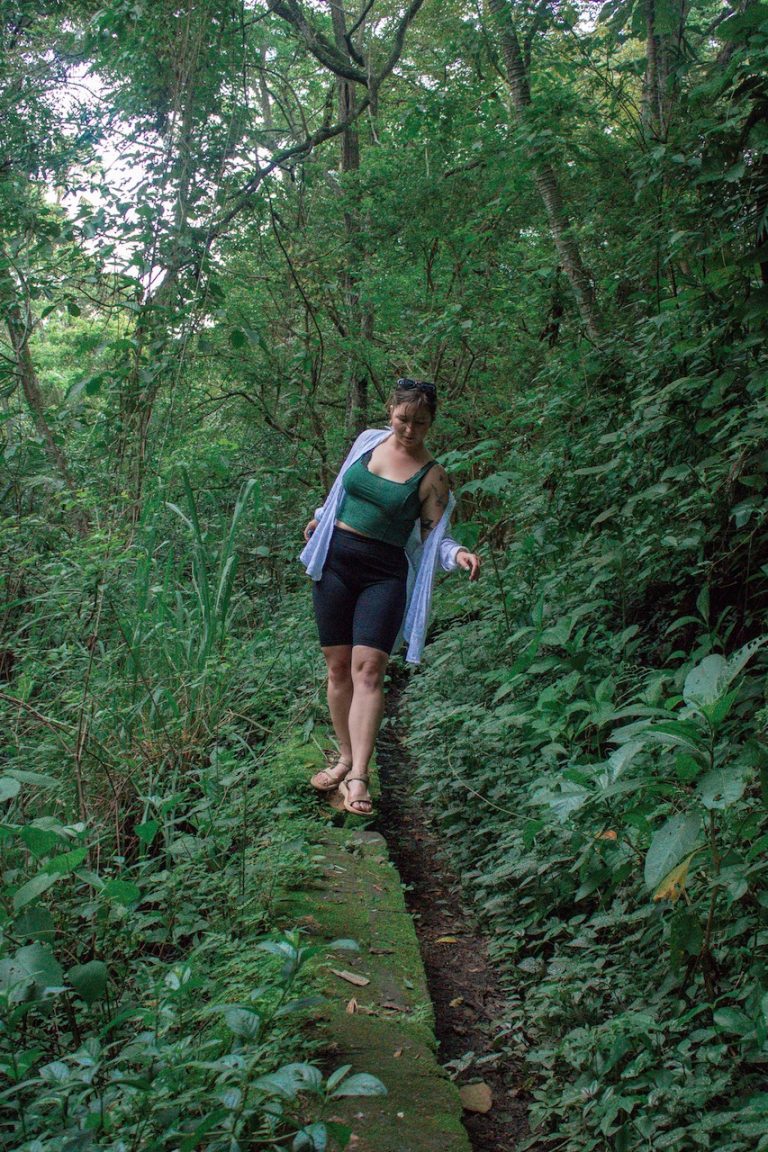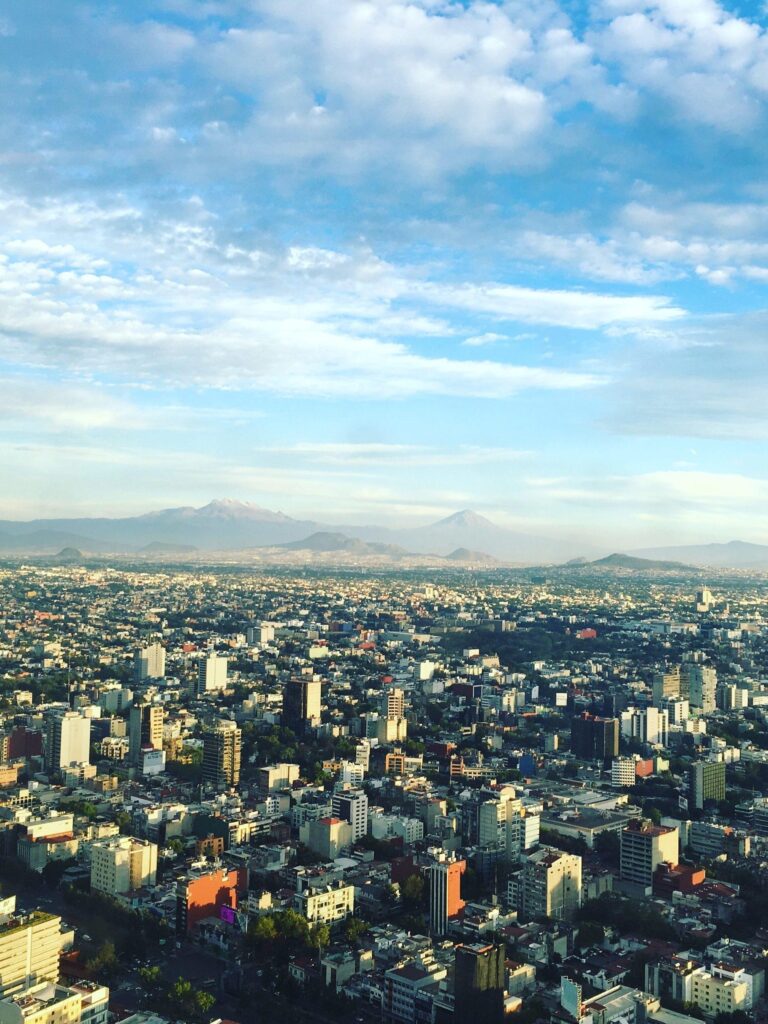
Proof of Funds
As an example though, from my experiences with Schengen Area visas as a third world passport holder, most of their member states want tourists to show that they have at least EUR 50 available per day of their stay.
FAQ: “How much money do I need to have in my bank account?”
- Show proof of your self-employment. If you’re planning on traveling the world for a long time and you plan to work as a digital nomad, freelancer, or entrepreneur while you’re on the road, you will be classified as a self-employed individual.
- When it comes to visa applications, this would mean that embassies will typically need a copy of your business registration or business permit, tax statements or income tax return for the past year, as well as bank statements or financial reports for the last 3 months. Requirements may vary of course, depending on the country; but these are the basics. Given this fact, it’s important that you register yourself or your business for as soon as you could and have these documents ready at all times.
- If you’re remotely employed by a company as a freelancer, you can also show your certificate of employment with your client.
- When it comes to visa applications, this would mean that embassies will typically need a copy of your business registration or business permit, tax statements or income tax return for the past year, as well as bank statements or financial reports for the last 3 months. Requirements may vary of course, depending on the country; but these are the basics. Given this fact, it’s important that you register yourself or your business for as soon as you could and have these documents ready at all times.
Basically, the main idea here is to assure a foreign country that you don’t have the desire to stay too long in their territory since you have strong ‘ties’ somewhere else (like your home country or your next destination).
- Unemployed? Some of the documents that could prove your solvency are: proof of investments (land, house, car, etc.), financial assets (stocks, etc.), copies of personal credit cards or bank statements in the last 3 months, or a sponsorship letter from your travel sponsor.
- Ask your parents, a friend, or a relative that is employed or ‘well off’ to act as your sponsor on paper. This means that they will tell the embassy in writing how they will be responsible for your expenses — even if in fact they won’t be doing so (unless, of course, they’re really volunteering to do so). This is certainly one of the effective ways to ensure a strong financial standing in your visa application.
.
.
- Ask your parents, a friend, or a relative that is employed or ‘well off’ to act as your sponsor on paper. This means that they will tell the embassy in writing how they will be responsible for your expenses — even if in fact they won’t be doing so (unless, of course, they’re really volunteering to do so). This is certainly one of the effective ways to ensure a strong financial standing in your visa application.
This is tough to answer because every country has its own minimum requirement (depending as well on the type of your visa), so I suggest that you call the corresponding embassy or check their website for any info.
This works for most visa-free countries, but not so much on countries that require you to apply for a visa so it helps to have some of the papers that I mentioned above.
Every foreign country wants you to convince them that YOU have enough money to support yourself while you’re on a trip within their territory. If you don’t, they would certainly tag you as a sketchy character; to avoid this, make sure you have the right documents for proving your financial capacity.
Employed persons or students have it easy for this since they can just present a document that states their approved leave of absence; but for self-employed or unemployed persons, you would need to show pieces of evidence. Apart from the previous documents and tips that I have already mentioned, it helps to show other proof such as:
Strong Ties to Your Home Country
This, in my opinion, is what most embassies put great importance on especially when assessing a visa application. They want to know after all that you’re a third world passport holder who won’t overextend your ‘welcome’ by staying longer (illegally).
That being said, a return ticket also serves as proof that you won’t overstay!
The following tips do not only apply to third world passport holders but to just about anyone too.
- Documents that mention an affair or event that would necessitate your return (job offer, start of your studies, wedding, etc.)
- Proof of possession of real and personal property in your home country (real estate, car, etc.)
- Or a letter from you or from people who know you, stating any other reason(s) why you won’t overstay abroad (your long-term plans in your residence country, marriage certificate, etc.)
The details of this requirement varies from country to country; but generally, to decipher if you might or might not overstay, they will investigate your situation, travel plans, financial resources, and strong ties to your home country.
Speaking of this, you obviously need money to jumpstart your traveling lifestyle! Here are some things to consider in order to come up with a good travel fund…
NOTE: For digital nomads who work “online” while they travel overseas, going in with just a tourist visa is fine since you’re not going to their country to look for work. A lot of embassies in the world don’t have clear regulations yet for nomads either, so it’s basically a grey area.
.
Still, it’s good practice to provide as much details as you can to the embassy officer to explain what your job is and that you are paying tax and working for your self or for your own company. For immigration officers, if they ever ask about your work, simply mention how you’re a self-employed freelancer or business owner (as dependent on the work that you do).
.
This is basically to assure them that you’re not heading to their country to work (even though technically you’ll be working there, but only ‘online’ thereby not affecting the local employment). This is also a good practice if you want to avoid any confusion with an officer that might not be familiar with the details of a digital nomad job because surely, given the nature of immigration, it’s a quick process so if you’re not as clear, you might not be allowed to leave the country, be deported or held back for questioning.




